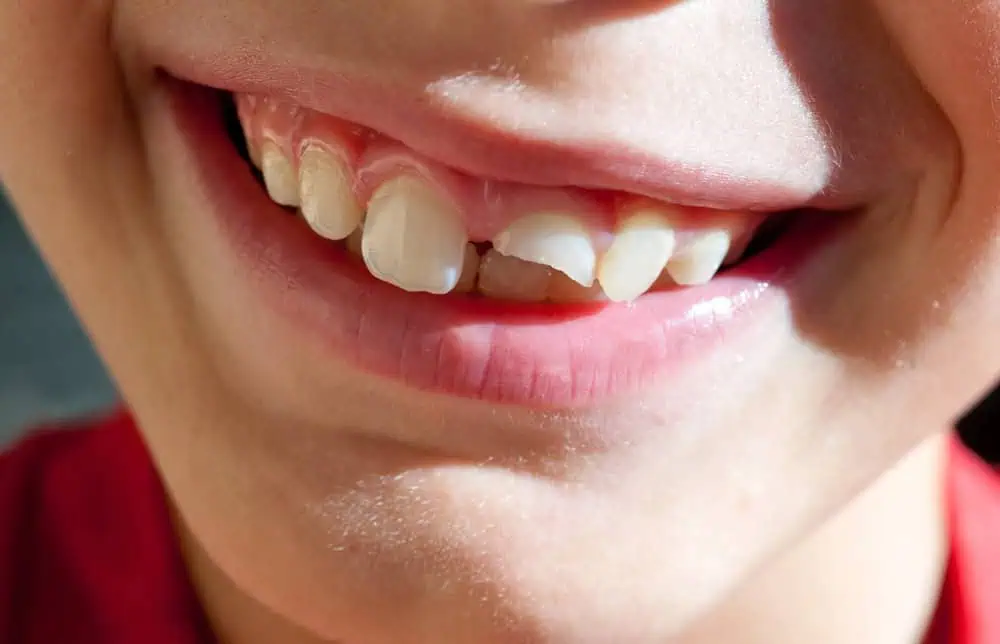Tooth fragments resulting from the break must be handled carefully to avoid additional damage to the oral cavity. Providing reassurance to the individual experiencing this issue can help alleviate anxiety and stress associated with the situation.
Understanding the initial steps to take when faced with a broken tooth is paramount. Knowing who to contact in an emergency and having access to the necessary resources can significantly affect the outcome. The scope of urgent tooth care involves addressing the immediate pain and discomfort and laying the foundation for proper treatment by a dental professional.
Individuals can effectively manage a broken tooth situation by taking swift and appropriate action before receiving professional assistance.
Immediate Actions to Take
Prompt action is essential when faced with a broken tooth to minimise pain and prevent further complications before professional dental intervention. In the immediate aftermath of a broken tooth, it is crucial to remain calm and take specific actions to address the situation effectively.
Firstly, rinse your mouth gently with warm water to clean the area around the broken tooth. If bleeding, apply pressure with a clean gauze or cloth. To alleviate pain and swelling, apply a cold compress to the outside of the mouth or cheek near the broken tooth. Avoid chewing on the side of the mouth with the broken tooth to prevent further damage.
It is advisable to seek emergency dental care as soon as possible to receive proper treatment. These immediate actions can provide temporary relief and help manage the situation until you can see a dentist for further evaluation and treatment.
Pain Management Techniques
To alleviate the discomfort caused by a broken tooth, individuals can employ various pain management techniques, including over-the-counter pain relievers and natural remedies. Over-the-counter medications such as acetaminophen and ibuprofen can help reduce tooth pain and inflammation. These medications are readily available at most pharmacies and can provide effective relief when taken as directed.
In addition to over-the-counter options, natural remedies like clove oil can also be beneficial in managing dental pain. Clove oil contains eugenol, a natural anesthetic with pain-relieving properties. Applying a small amount of clove oil to the affected area using a cotton swab can help numb the pain temporarily.
Another effective pain management technique is using a cold application. Applying a cold compress or ice pack to the outside of the cheek near the broken tooth can help reduce swelling and numb the area, relieving the discomfort.
What to Avoid Doing
After breaking a tooth, it is crucial to refrain from consuming hard foods that could further damage the tooth or cause pain. Avoid chewing on nuts or hard candies, as this can exacerbate the dental injury. Additionally, sticky foods like caramel should be avoided, as they can dislodge any temporary filling or aggravate the broken tooth, leading to increased discomfort. It is important to avoid physical activities that could potentially harm the affected tooth further. Refrain from participating in contact sports or any other activities that pose a risk of trauma to the mouth.
It is advisable to avoid putting pressure on the broken tooth to prevent further damage and ensure proper healing. This includes refraining from biting down on hard objects or using the affected tooth for chewing. By being mindful of what you eat and your activities, you can help protect the broken tooth until your dental appointment with an emergency dentist.
When to See the Dentist
To prevent complications and ensure proper care, seeking immediate dental attention is crucial when dealing with a broken tooth. If you experience a dental emergency, such as a broken tooth, you must contact your dentist promptly to schedule an appointment. Many dental clinics offer after-hours services for urgent dental care needs. In cases where the injury occurs outside of regular office hours, consider seeking care at a dental emergency room.
When determining when to see a dentist for a broken tooth, consider the pain’s severity, the damage’s extent, and any associated symptoms like bleeding or swelling. If the broken tooth is causing significant discomfort or affecting your ability to eat or speak, it is advisable to seek immediate dental attention. Timely intervention can help prevent further damage and alleviate pain.
Key Takeaways
When dealing with a broken tooth, it is important to seek emergency dental care promptly to avoid further complications. Remember that temporary measures are not a substitute for professional treatment by a qualified dentist.
For residents seeking reliable dental care, North Ryde Dental in Macquarie Park, NSW 2113, is a trusted provider known for its expertise in handling dental emergencies. Do not hesitate to contact North Ryde Dental for timely and effective treatment to safeguard your oral health.


